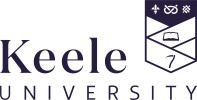© Pint of Science, 2025. All rights reserved.
You probably don't remember when you were a baby, but your brain was working at full tilt. As you grew up, you've become more aware of how to use it. To control your behaviour. To fix problems. Could we have grown your brain in a petri dish? Can we read your mind? Find out on an evening of wonder and some practical tips too.
Building a baby brain: to behave or not behave
Ryan Stanyard
(Developmental and Cognitive Neuroscientist)
We often take for granted that we are able to walk, talk and take in all sorts of sensory signals (the splendour of a hot chocolate, the ouch of treading on lego, and the riffs of an incredible guitar solo or vibrant strings of a violin), but where does that all begin? Ryan Stanyard, a Developmental and Cognitive Neuroscientist at Keele University, explores how much of this unfolds in the developing brain even before birth. We will explore what's going on during womb FM, as well after birth, when the infant learns to look, listen, laugh and explore, grasping at pretty much anything they can reach. In this session, we will get a flavour for how - and why - these functions are important, and how neuroscientists and psychologists study them.
Ryan Stanyard is a Developmental and Cognitive Neuroscientist based at Keele University, who also teaches at King's College London, Queen Mary's University of London and Nottingham Trent University. Ryan's research explores how the developing brain of infants and toddlers make sense of the world around them. When he's not scanning baby brains or being conditioned by his cat, he's often found exploring, or working on his first book in progress. Sometimes all at once. Ryan sits on a number of boards for the British Neuroscience Association and has worked as part of the 2023 BBC-Ri Christmas Lectures and (2020, 2021, 2023) KCL New Scientist Live teams. He's always happy to talk about the mysterious life of brains (humans and otherwise).
Ryan Stanyard is a Developmental and Cognitive Neuroscientist based at Keele University, who also teaches at King's College London, Queen Mary's University of London and Nottingham Trent University. Ryan's research explores how the developing brain of infants and toddlers make sense of the world around them. When he's not scanning baby brains or being conditioned by his cat, he's often found exploring, or working on his first book in progress. Sometimes all at once. Ryan sits on a number of boards for the British Neuroscience Association and has worked as part of the 2023 BBC-Ri Christmas Lectures and (2020, 2021, 2023) KCL New Scientist Live teams. He's always happy to talk about the mysterious life of brains (humans and otherwise).
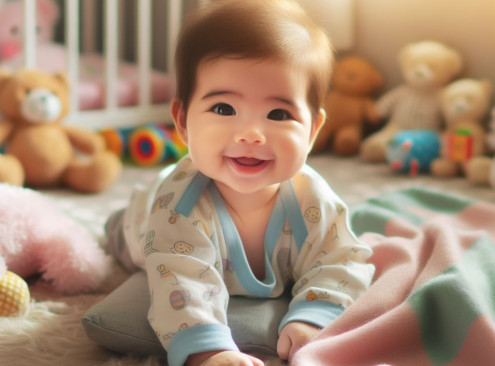
Can you grow a brain in a dish?
Chris Adams
(Neuroscientist)
Diseases and injuries to the brain are debilitating and research is ongoing to develop new treatments. But how do scientists replicate the brain in their labs to conduct this research? In this talk I will examine different techniques to model the brain and associated injuries/diseases. We will explore stem cells, tissue samples and 3D growth techniques, looking at the pros and cons of each.
Chris Adams is a Senior Lecturer in Neuroscience in Keele University. He researches new technologies for fixing the brain and new methods to replicate the brain in the lab for therapeutic testing.
Chris Adams is a Senior Lecturer in Neuroscience in Keele University. He researches new technologies for fixing the brain and new methods to replicate the brain in the lab for therapeutic testing.
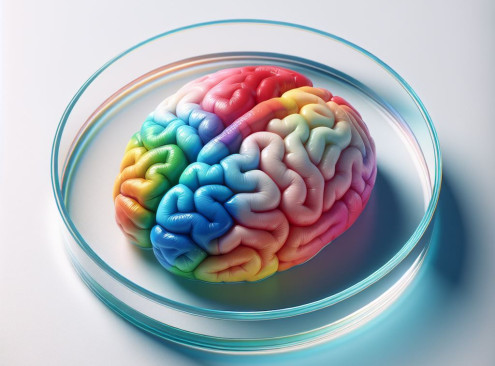
Hey User, can you fix me?
Fabiana Anselmo
(Computer Scientist)
Join us for an engaging presentation on how we can make the repair and maintenance of domestic Internet of Things (IoT) devices more accessible to everyone. I'll share insights into design changes and public policies that can enhance user agency and understanding. We'll explore the importance of giving users the ability to protect and make informed decisions about their data and software. Let's work together to create a future where everyone can confidently manage their smart devices!
Fabiana is a lawyer and an anthropologist and is currently pursuing a PhD in Computer Science at the University of Nottingham. Her research is focused on empowering users, making smart device processes and information more transparent, and promoting sustainable usage. By actively engaging with users and listening to their feedback, she aims to revolutionise product design, to provide evidence-based information to shape policy decisions and foster sustainability. Fabiana is passionate about creating a future where technology seamlessly integrates into our lives, enhancing usability, sustainability, and respecting human agency and understanding.
Fabiana is a lawyer and an anthropologist and is currently pursuing a PhD in Computer Science at the University of Nottingham. Her research is focused on empowering users, making smart device processes and information more transparent, and promoting sustainable usage. By actively engaging with users and listening to their feedback, she aims to revolutionise product design, to provide evidence-based information to shape policy decisions and foster sustainability. Fabiana is passionate about creating a future where technology seamlessly integrates into our lives, enhancing usability, sustainability, and respecting human agency and understanding.
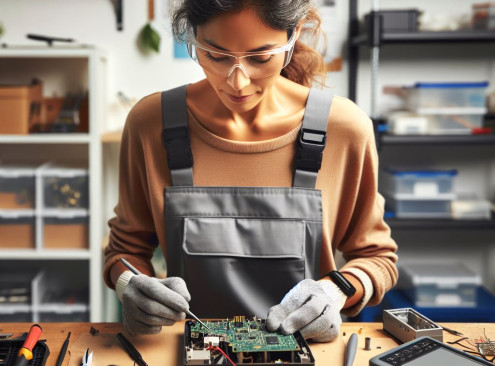
Be a Better Lie Detector
Chris Street
(Psychologist)
Do liars look up and to the left? Do they leak clues to their deception? We will explore the scientific evidence behind deception, putting aside the myths and sales patter, and consider modern evidence-based techniques you may be able to use to improve your ability to detect lies.
Chris Street is a senior lecturer in cognitive psychology. He is the author of "An Introduction to the Science of Deception and Lie Detection", has developed the first mathematical model of how people make lie-truth judgments in the field of lie detection, and is the recipient of the international Association for Psychological Science's Rising Star award. He sits on the board of the Deception Research Society and is the executive director for the Society for Applied Research in Memory and Cognition.
Chris Street is a senior lecturer in cognitive psychology. He is the author of "An Introduction to the Science of Deception and Lie Detection", has developed the first mathematical model of how people make lie-truth judgments in the field of lie detection, and is the recipient of the international Association for Psychological Science's Rising Star award. He sits on the board of the Deception Research Society and is the executive director for the Society for Applied Research in Memory and Cognition.
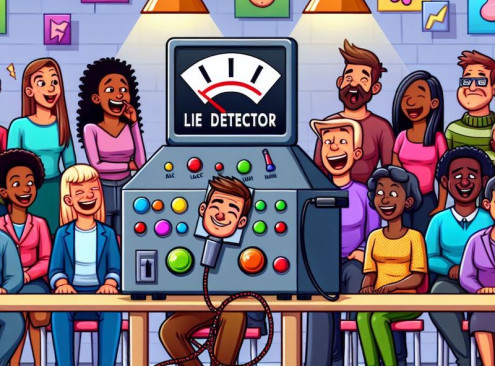
Map data © OpenStreetMap contributors.
